Many small and midsize businesses (SMBs) are at a crossroads when it comes to how to deploy and manage storage now and into the future. Over the past few years, there have been major innovations in storage solutions that reduce complexity, increase security, improve performance, and enhance flexibility. We’re going to specifically discuss challenges that the Dell EMC PowerStore helps organizations address.
With a modern storage solution, SMBs can get:
– Built-in security protections, including data-at-rest encryption to reduce risk of successful ransomware attacks.
– All-flash NVMe arrays to deliver performance that meets the needs of any application or use case.
– Intelligence-based capacity planning, optimization, and other management features to accelerate deployments, minimize downtime, and strengthen resiliency.
– Scale-out and scale-up configurations with data-in-place upgrades to future-proof the storage investment.
– Support for file and block storage—as well as traditional and modern workloads—in a unified solution.
Any SMB nearing the end of its storage lifecycle or simply looking to modernize IT should be evaluating options that offer these innovations. You should also be exploring deployment models to ease the burden on IT staff and transform storage into a managed service that enables the organization to truly unleash the power if its data.
This white paper discusses key factors driving the urgency to modernize storage. We explore what to look for in a solution, with a focus on the Dell EMC PowerStore family because of its leadership position in setting a new standard for midrange storage. Finally, we discuss the benefits of using a managed services provider (MSP) and what to look for in a trusted partner.
Why Storage Modernization, Why Now
The pressure to modernize storage is coming from a variety of factors. Data continues to grow exponentially, with no end in sight. Unstructured data is increasingly important in creating differentiated customer and employee experiences. Security—ransomware in particular—is a growing challenge. Silos of information limit agility and digital transformation. The list goes on.
In addition, organizations of all sizes—and SMBs in particular—are finding it harder to find and train experienced IT personnel and are constantly seeking ways to use their resources more strategically to let administrators spend less time on keep-the-lights-on functions.
Traditional storage models, with their onerous processes such as load balancing, managing LUNs, tuning, and forklift upgrades every few years, can pose a huge problem for any organization—especially an SMB that seeks an efficient IT infrastructure to give IT managers and admins more time to work on projects that move the business forward.
Another critical reason to explore modernization now is because of the advances that have taken place in storage technologies and solutions. If you are still using storage from even the previous generation, you are missing out on major IT advantages that many of your competitors are likely using.
What To Look for in a Solution
Not all modern storage solutions are created equal. As you evaluate potential solutions, here are some of the key features and capabilities you should be looking for:
– Built-in Security: With the increase in security threats, particularly ransomware for midsize organizations, built-in data-at-rest encryption is essential. Encryption can be performed within each drive before the data is written to the media, protecting the data against theft or loss and attempts to read the drive directly. It also provides a means to erase information quickly and securely on a drive to ensure that the data is not recoverable.
– Performance for Any Use Case: The storage architecture should support all NVMe media types with an end-to-end NVMe design to give you the flexibility to meet the performance needs of any application or workload. You should be able to support SAS drives by expansion to protect existing investments and provide added deployment flexibility.
– Intelligence-Based Management for Planning and Operations: IT teams can save time and money by using a cloud-based platform that uses machine learning and predictive analytics to do capacity planning, performance optimization, monitoring, troubleshooting and other management activities. The solution should be easily accessible and provide warnings of potential problems so they can be addressed before they impact performance or availability.
– Flexible IT: The storage architecture should let you configure the solution for either block-only storage or unified block and file storage. You should be able to run apps on native virtual machines, supporting VMware virtual volumes. Flexible IT means a data-centric solution that supports traditional and modern workloads, with scale-up and scale-out agility. The ability to accommodate application, multi-protocol network and multi-format storage diversity within a single appliance helps you simplify and consolidate infrastructure.
– Future-Proof Investment: IT and business leaders want to protect their investments to avoid forklift upgrades every few years. With a modern storage solution, you should be able to achieve data-in-place upgrades without downtime and without impacting application performance or availability. You can always stay current with the latest advances in storage technology and have an infrastructure that is cloud-ready when cloud is on your roadmap.
Why Dell EMC PowerStore
When it comes to delivering the features to meet the modern IT needs of midmarket companies, the Dell EMC PowerStore family is in a class by itself. PowerStore is a data-centric appliance that uses a container-based microservices architecture with advanced storage technologies, built-in security, seamless automation, and integrated machine learning.
PowerStore provides a single architecture for physical, virtual, and container-based applications and databases. It features an end-to-end NVMe design that is up to 7X faster than earlier all-flash arrays, with a 3x faster response time. The architecture is both scale up and scale out, so customers can add processing power or storage capacity independently.
The PowerStore family is deeply integrated with VMware, including vSphere and NSX. By combining PowerStore with NSX, customers can leverage a wide range of security, automation, and business continuity benefits.
For security, the VMware NSX Distributed Firewall enables protection of individual VMs, along with centralized monitoring, anti-virus integration, vulnerability management, security management, and intrusion prevention. For business continuity, it offers several data recovery options, including automatic failover and fallback of VMs to or from a disaster recovery site.
Other key features include:
– Guaranteed average 4:1 data reduction ratio.
– AppsOn, an industry-first capability that allows VMware virtualized workloads to run directly on the array.
– Support for legacy and cloud-native workloads, featuring a modular, cloud-native architecture where individual OS components are isolated as microservices.
Intelligent automation through programmable infrastructure to simplify management and optimize system resources.
Why Managed Services
When it comes to moving your organization forward, it is important to remember that data is strategic, but storage is not. Even with an advanced solution such as the Dell EMC PowerStore, midmarket organizations and smaller businesses can achieve huge benefits by working with an MSP that specializes in IT modernization and future-ready solutions.
With the right MSP you can:
– Augment your internal staff and fill an internal skills gap.
– Enhance your infrastructure to achieve pre-determined organizational goals.
– Partner to achieve a complete solution your organization can rely on, holding the MSP accountable for providing that solution.
– Ensure that all solutions are configured and validated with the vendor to optimize performance, simplicity, security, and business continuity in your environment, for your apps and workloads.
When it comes to modernizing storage with the Dell EMC PowerStore family, VirtuIT offers strengths and capabilities that other MSPs cannot match. VirtuIT is an exclusive Dell partner, selling only Dell infrastructure with a reputation for delivering a highly personalized experience.
With VirtuIT as a partner, midmarket and smaller businesses can rely on engineers that are skilled and continuously up to date on the latest innovations, so that you can focus your own IT staff on opportunities to drive the business forward. They can be assured of a secure, future-proofed IT environment that is resilient, reliable, and highly available.
Taking the Next Step
When it comes to IT infrastructure and storage, this is a great time for small and midsize organizations. SMBs can leverage the same storage capabilities that are typically only available to the largest enterprises or hyper cloud providers.
The Dell EMC PowerStore family is designed specifically for the midmarket with no compromises in performance, agility, security, scale, business continuity or any other enterprise-grade capability that a modern organization requires.
By modernizing with the Dell EMC PowerStore with VirtuIT as your MSP, your organization can take a huge step forward in unleashing the power of its data, while relieving the pressure on your internal IT team and future-proofing your infrastructure.
If you are ready to explore taking the next step in IT modernization with a flexible, data-centric midmarket storage solution, please reach out and VirtuIT will put you in touch with a dedicated representative.


